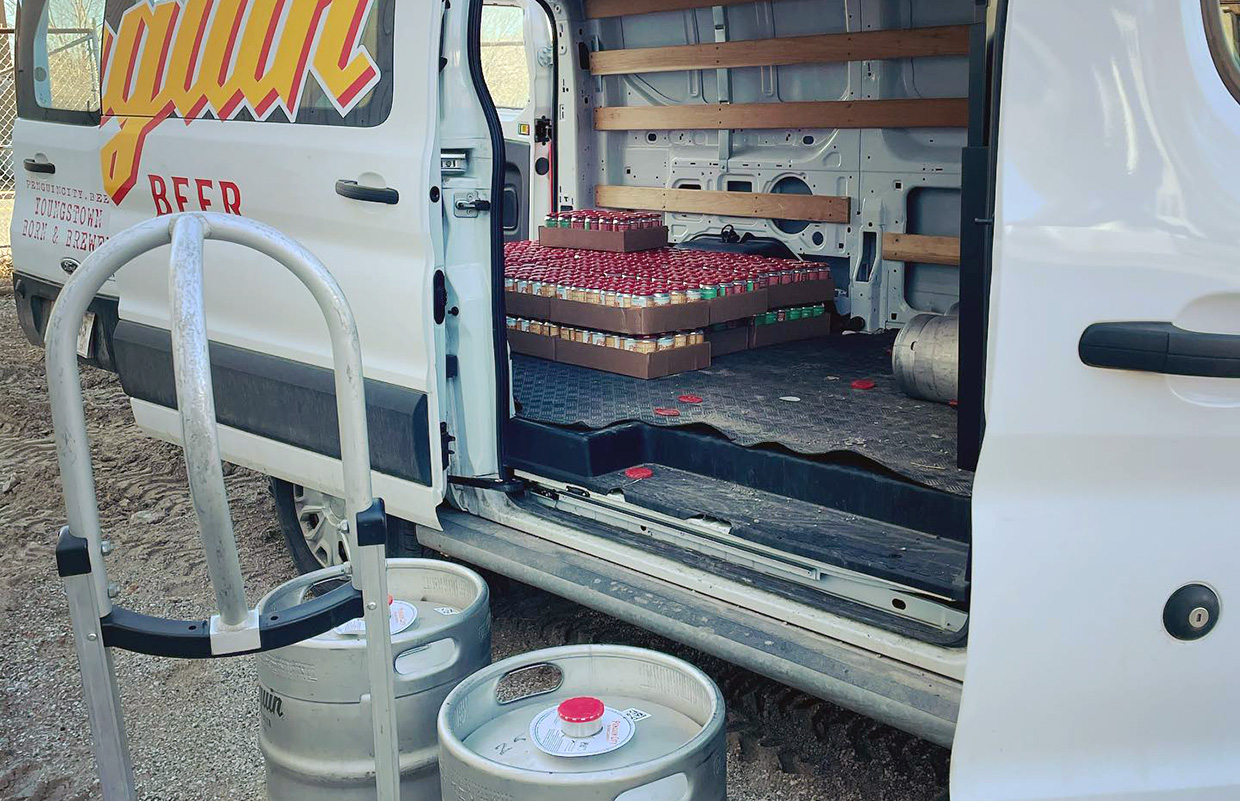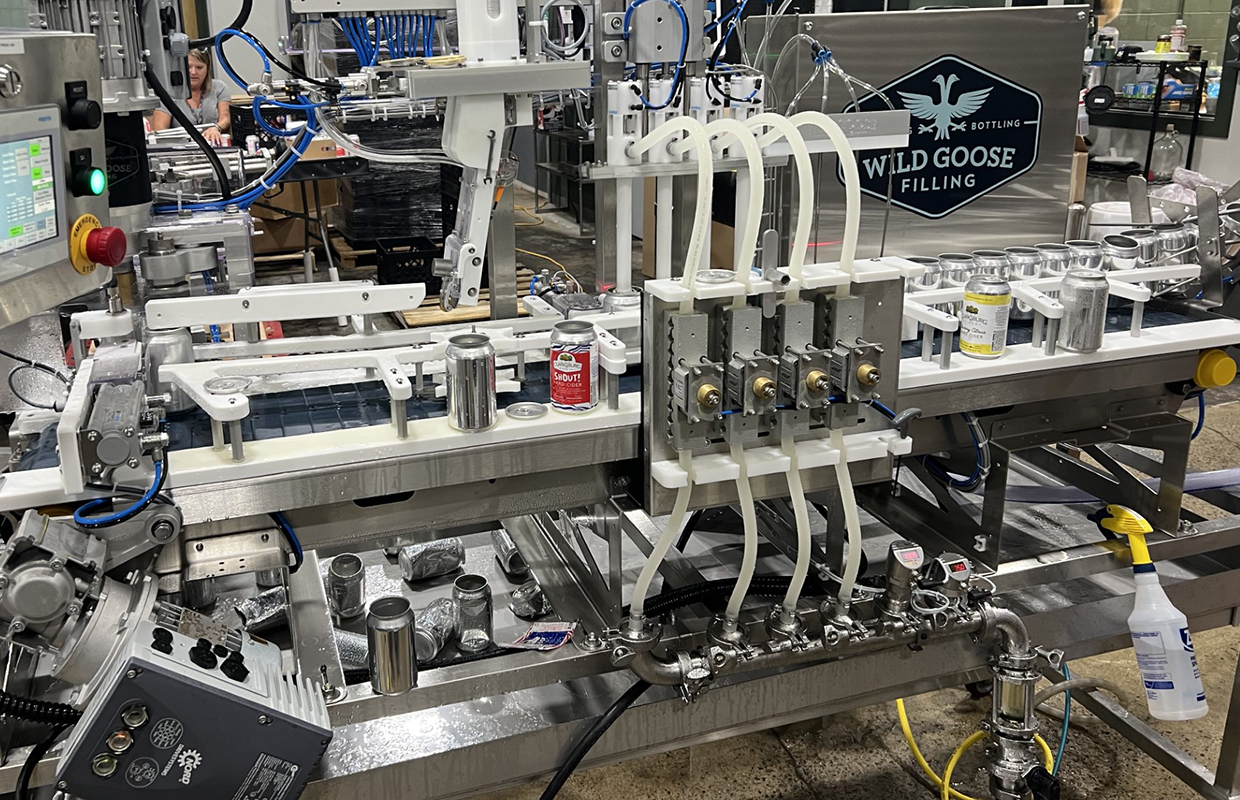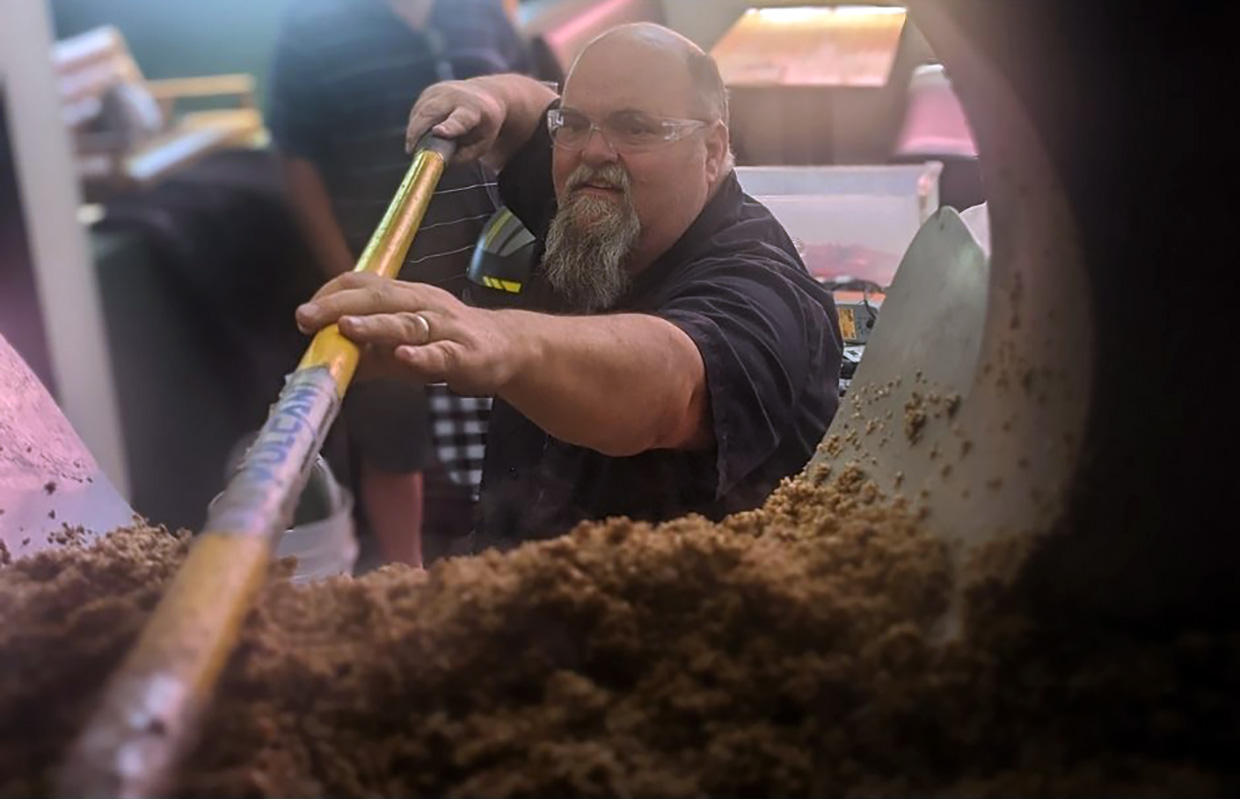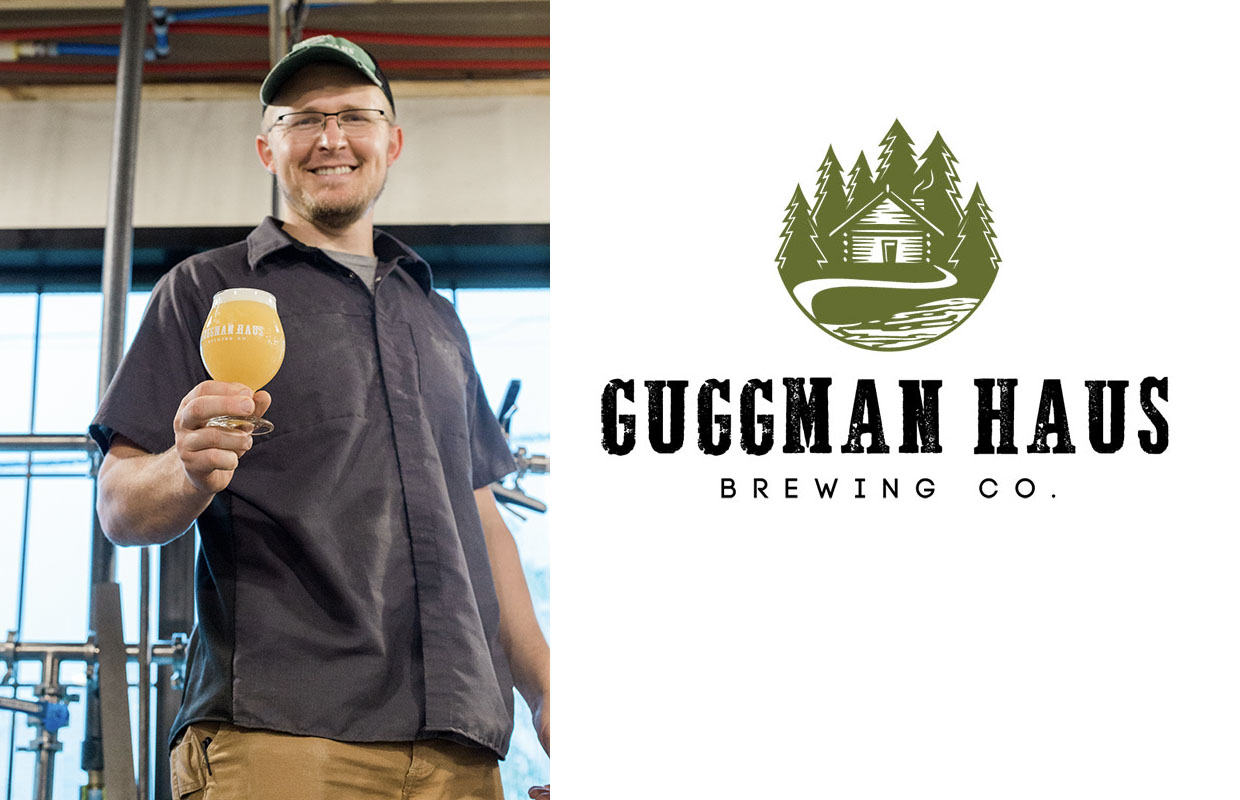
When Penguin City began in the summer of 2017 as a contracted beer brand, getting kegs to local Youngstown, Ohio bars and restaurants seemed like a simple task.
“There weren’t many breweries in our area, the craft culture was that no one really knew about it,” recalled co-owner Aspasia Lyras-Bernacki. “We didn’t really know how much to invest in a brewery or what size we needed. So we thought we would do distribution first and see how that went.”
Starting with a personal vehicle, a Jeep Patriot — and delivering kegs as quick as they could to clients who said they would put them on tap — Lyras-Bernacki said that as accounts grew in the first few weeks of delivering beer, the use of a personal vehicle wasn’t going to cut it.
“That lasted probably two weeks,” she said during a presentation at the 2024 Ohio Craft Brewers Conference. “We had to buy a van. And one good tip, if you are self-distributing, you definitely need a van. You definitely need a vehicle that can handle the load.
“We got a van that didn’t handle the load, and it lasted for about six months. Getting a vehicle that’s going to be able to get your beer where it has to be is very important. We learned the hard way with that and had to end up investing in a newer vehicle. It was definitely something that we learned along the way.”
Pay attention to the capacity and load, added Richard Bernacki.
“Because you don’t have to be stopping back to your brewery every two trips,” he said.
A key hire was adding a driver to deliver kegs and installing a connection with students at Youngstown State University helped grow the company with their first hire.
“The more we were getting accounts, the more we were getting beer in,” Lyras-Bernacki said. “It was just too much for us to do the sales, do the routing, do the deliveries. So having that driver was the absolute key.”
The next important hire after reaching more than 100 accounts was adding a logistics manager. That was key because having the background from someone to map and route specific delivery dates helped save on gas and waste time.
“In talking with others, 100 accounts is kind of a cap,” she said. “You do start to burn out after 100 accounts, you just can’t handle it. You’re trying to do customer service, be there for these accounts, make sure you’re there every week — checking in that they are okay. After 100 you do start not paying attention or missing them. Accounts can get very upset if you’re not.”
That brought in a third needed hire, adding a sales rep after around 150 accounts.
“Your customers — whether they might be in your taproom, patrons or bar owners — they really need that attention,” Bernacki said. “They want to see somebody from the brewery so that personal touch helps.
The brewery has since grown to add a taproom to its own brewery and signed with a distributor in early 2023, but they still see that need to connect to accounts every day.
“With us, they still want our people in to sell to them, even though we don’t take the orders directly,” he said.
Photo courtesy Penguin City Beer






Be the first to comment